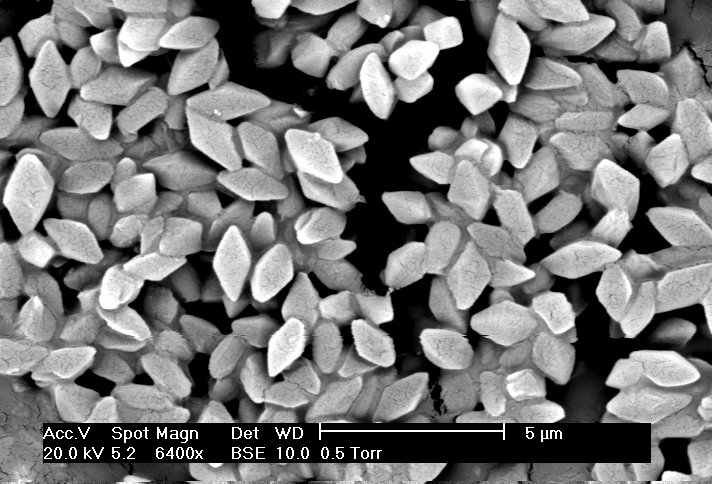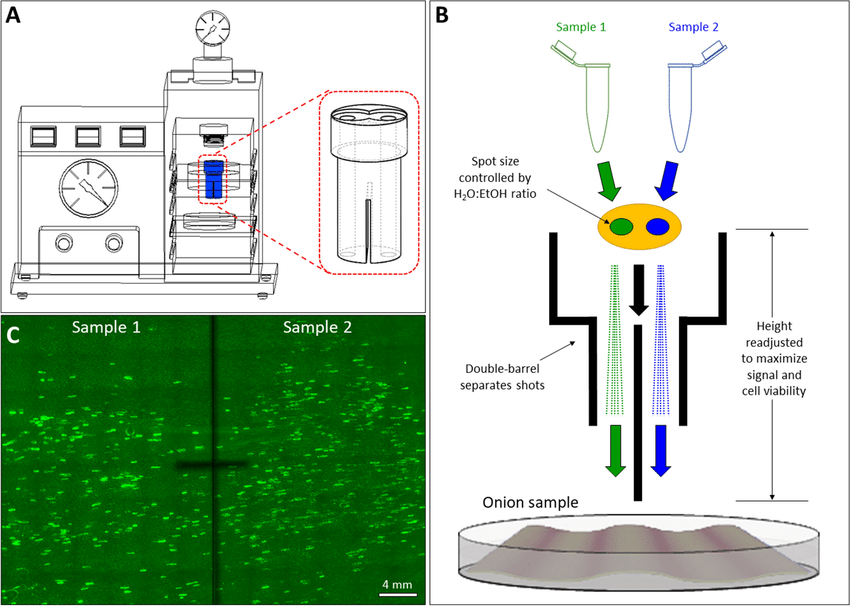This AGBIOS blog post analyzes genetically modified (GM) crops from a scientific perspective. We will explore the mechanisms employed to create them, their agricultural applications, and the ongoing scientific discussions surrounding this technology.
Genetically Modified Crops Explained:
GM crops are plants that have undergone alterations at the deoxyribonucleic acid (DNA) level. Scientists introduce specific genes from other organisms into the plant's genetic code. This process results in novel traits not naturally occurring in the plant. These modifications aim to achieve various benefits in agriculture, including:
Herbicide Tolerance: By introducing genes that allow crops to withstand specific herbicides, farmers can achieve more effective weed control and potentially reduce overall herbicide usage.
Pest Resistance: Scientists can transfer genes encoding toxins from bacteria like Bacillus thuringiensis (Bt) into crops. These Bt genes confer resistance against insect pests that would otherwise damage the plants.
Disease Resistance: Integrating genes that provide immunity against specific plant pathogens can significantly reduce crop losses due to diseases.
Improved Nutritional Value: Scientists can enhance crops with essential vitamins or minerals to address malnutrition concerns in specific populations.
Methods of Genetic Modification:
The development of GM crops relies on several techniques. Here, we explore two prominent methods:
Agrobacterium-mediated Transformation: A naturally occurring soil bacterium, Agrobacterium tumefaciens, functions as a vector. This means it delivers the desired genes into plant cells.
Particle Bombardment: Microscopic particles coated with DNA are propelled into plant cells using a device called a gene gun. This method is particularly useful for plant species where Agrobacterium-mediated transformation proves less efficient.
Scientific Evaluation of GM Crops:
Extensive scientific research accompanies the development and commercialization of GM crops. This rigorous evaluation process involves several steps:
Laboratory studies: Scientists assess the functionality and stability of the introduced gene within the plant.
Greenhouse trials: The performance of GM crops is evaluated under controlled environments within greenhouses.
Field trials: These trials involve testing GM crops in open fields under real-world agricultural conditions. This allows researchers to monitor potential effects on non-target organisms and the environment.
Ongoing Debates and Considerations:
While GM crops offer promising solutions for food security and agricultural challenges, scientific discussions and public concerns remain:
Potential for Unintended Consequences: The long-term impact of GM crops on ecosystems and human health necessitates continued monitoring and research.
Gene Transfer to Wild Relatives: The possibility of transgenes unintentionally transferring to wild plant populations needs careful assessment.
Corporate Control and Intellectual Property: The dominance of large corporations in GM crop development raises concerns about access and affordability for farmers, particularly in developing countries.
The Future of GM Crops:
Genetically modified crops represent a powerful tool for modern agriculture. As research progresses, addressing scientific uncertainties and incorporating public discourse will be crucial for the responsible development and application of this technology.
AGBIOS: We are committed to providing science-based information on GM crops and other biotechnological advancements. Stay tuned for future blog posts exploring specific aspects of GM crops and their role in agriculture.

